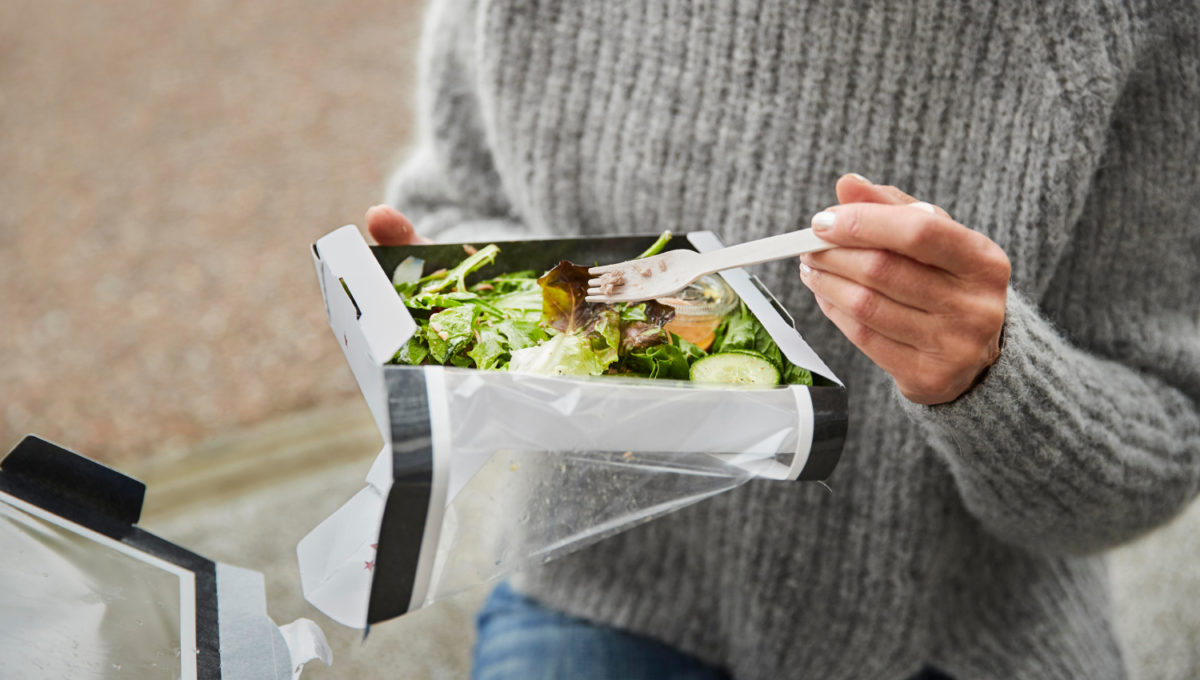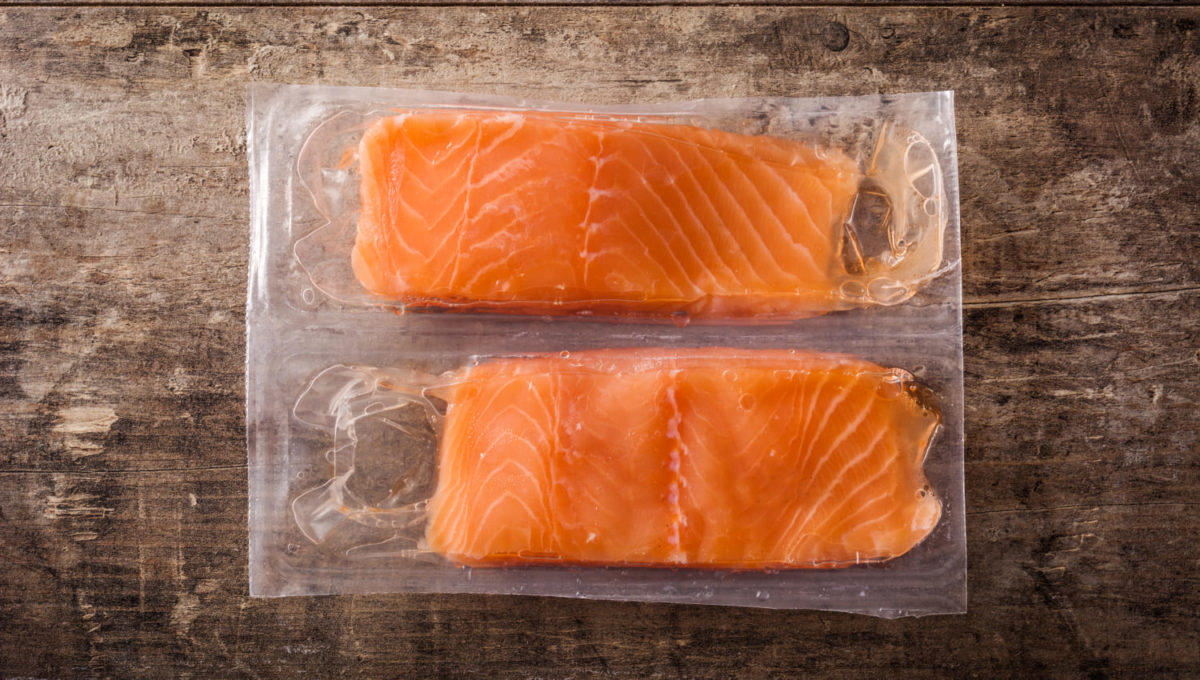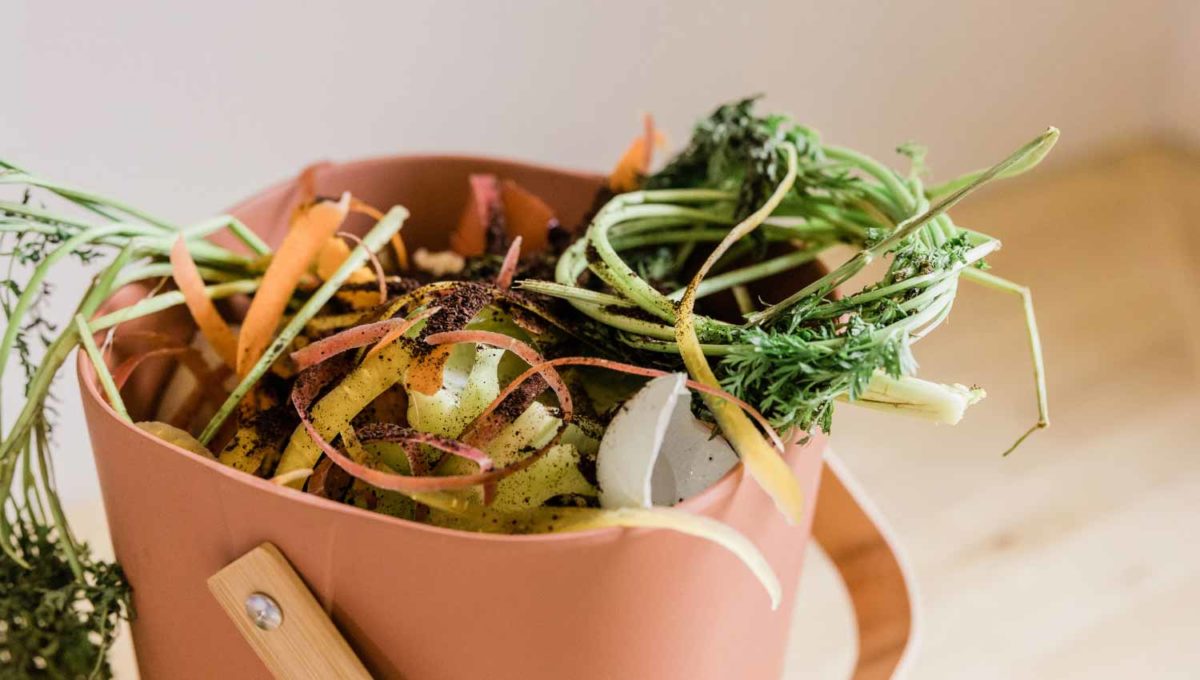FOODRUS, circular solutions for resilient food systems
- Europeo
- Desperdicio alimentario
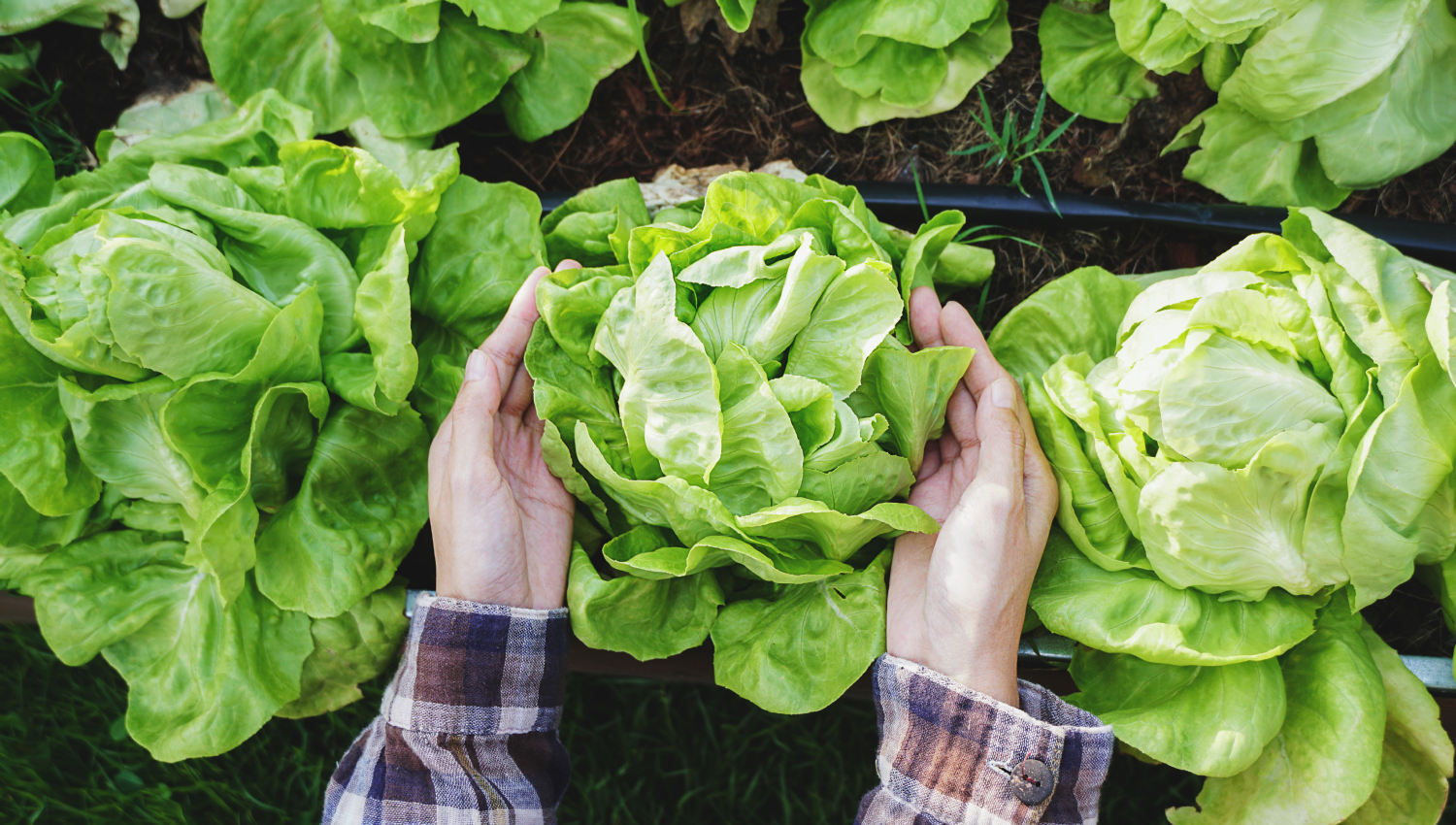
FOODRUS is working to tackle food waste by creating resilient food systems in nine European regions. To achieve this, the project will try 23 circular solutions via different ways of collaborative innovation, including: technological (blockchain solutions for handling food loss and waste), social (educational materials and citizen science activities to promote sustainable consumption habits), organizational (last-mile networks to foment local consumption and donation), and fiscal (new “Pay As You Throw” schemes).
These innovative solutions will empower and involve all the actors in local food systems, from farmers to end consumers, and everybody else, to build an alliance of multiple actors to tackle the food loss and waste challenge.
FOODRUS will test these solutions in three demonstration places: a Danish pilot project focused on meat and fish, a Slovakian pilot project that will analyze the value chain of bread, and a Spanish inter-regional pilot project focused on vegetables and prepared salads.
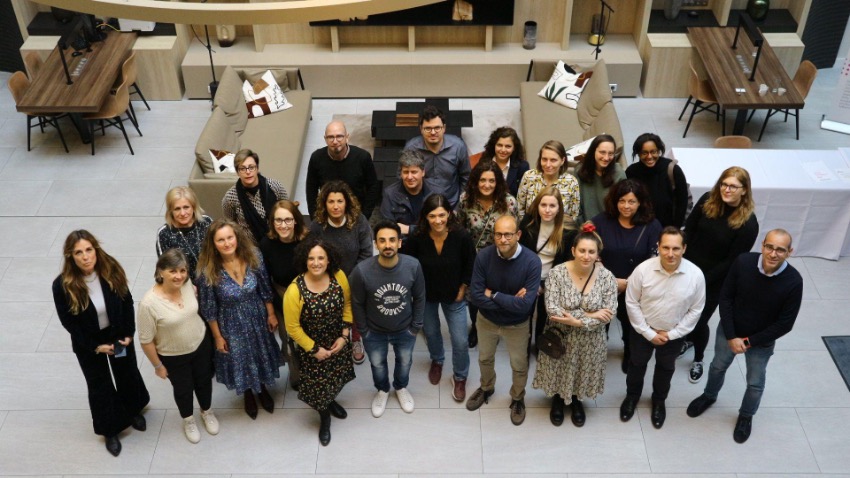
In Spain, (the 7th country in the EU for food waste), 80% of food waste are fresh fruits and vegetables. Almost a third of this food waste is generated in primary production, while homes are responsible for almost a fifth.
This clearly shows that there are many inefficiencies along the entire fruit and vegetable food value chain. The Spanish pilot project is made up of an inter-regional demonstration that covers the flow of foods from the farms in Navarre through to the Basque Country waste containers in the municipalities of Zamudio in order to then be composted. The pilot project is based on working on the processing and consumption patterns of prepared salads in order to reduce food waste and loss along the value chain.
The FOODRUS project includes 27 members from 10 different European countries and is coordinated by the University of Deusto
Follow the project’s social media accounts: Twitter, LinkedIn, and YouTube
